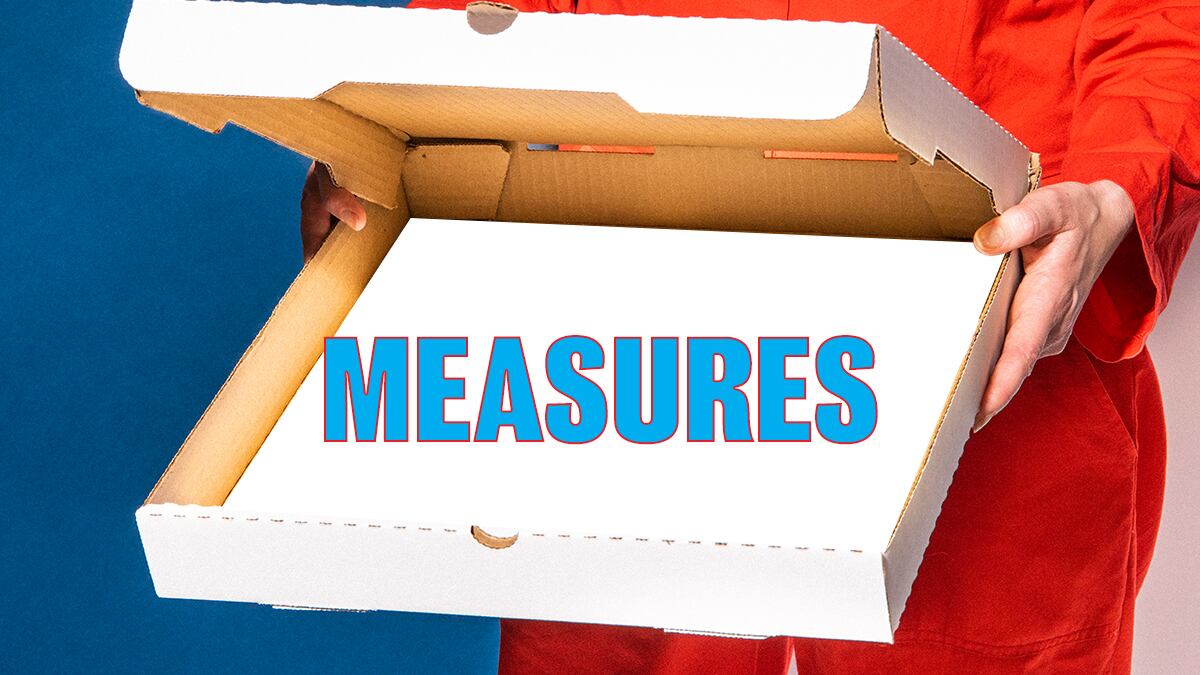Measure 26-209
Renews city gas tax
Yes
This measure would renew an expiring 10-cent tax on every gallon of gasoline sold within Portland city limits. Based on pre-COVID-19 driving patterns, the measure would raise about $75 million over four years, beginning in January 2021.
There are a variety of reasons the measure is necessary. Let's focus on a couple: The Portland Bureau of Transportation's budget depends on a gas tax, vehicle fees and parking revenues, all of which are growing far more slowly than the costs of building and maintaining Portland's streets. The city budget office says PBOT is falling behind on maintenance of Portland's 5,000 miles of streets to the tune of nearly $400 million a year. That means this tax is a small drop in a large bucket.
Tax receipts may be reduced by the effects of COVID-19, but the bureau plans to spend most of whatever this measure raises on repaving streets, fixing potholes and making safety improvements, such as street lights, traffic signals and sidewalks. There's also a little money for neighborhood greenways.
Opponents of the tax renewal, which include the libertarian Cascade Policy Institute and the Taxpayer Association of Oregon, point to a scathing 2019 city audit that said projects identified in the first four years started late and the city did a poor job of collecting a related tax from heavy trucks. We agree the shortcomings were troubling. But PBOT has since corrected them and is on target to deliver what it promised.
Our streets are a vital community asset. We need to pay for their upkeep. Vote yes.
Measure 26-210
Homeless services tax
Yes
A tax on the rich to help the poor? That's an easy sell. It's the fine print that makes us queasy—there isn't any.
WW takes seriously our mission of watchdogging the public dime. And the backers of this measure have said, in essence, "Trust us."
The regional government Metro is proposing this tax at the urging of nonprofits that aid the most desperate Oregonians, the boards of the three big metro-area counties, and downtown business leaders.
Before COVID-19 devastated Oregon's economy, the tax was projected to raise roughly $2.5 billion over 10 years, through a 1 percent tax on incomes above $200,000 for couples, and a 1 percent tax on the net profits of businesses. Backers say it would provide everyone currently experiencing chronic homelessness with addiction and mental health services, with money left over to help some 15,000 people with rent vouchers.
The money would be dispersed to the three counties, which would each develop individual plans to address the problem of homelessness.
The taxing mechanism is the right one: High-income households and business profits are where governments should levy taxes, now more than ever. Amid economic calamity, the most comfortable should be compelled to foot the bill to help others.
And the measure is for the worthiest of causes: to provide for the least and most vulnerable among us. It represents a tremendous outpouring of effort over nearly a decade to drive the downtown business community and elected officials, as well as the general public, to understand that the solution to homelessness isn't arrests, camp sweeps and shelters but addressing the underlying issues of addiction, mental health and housing.
That is reflected in polling showing widespread support for the measure even after the onset of the global pandemic. Across the region, citizens understand that the aggravating factors of homelessness need to be addressed.
Here's what gives us pause: The supporters of Measure 26-210 cannot say with any specificity how they plan to spend this money.
They don't know how much money would be spent on rent assistance, how much on addiction treatment, how much on mental health care, and how much on employment services.
When pressed, the architects of the measure did not promise a single metric for measuring how many would be served by these tax dollars, or what aid they'd get. They have shielded themselves from failure by never saying what success might look like.
We are troubled by that. But we also recognize this is, in effect, a cash transfusion into the general funds of three counties fighting to triage homelessness at a moment when the region's neediest residents might otherwise be abandoned.
If anything, this request from Metro is a reminder of the importance of watchdog journalism to guard the public purse. Voters should be wary that without reporters working to safeguard this measure, it's certain to be abused. We will be watching so long as we have ink to spill.
A crisis like COVID-19 is a test of our core values. Never before has life looked so difficult for people on the streets of Portland. Either they are someone our region cares about, or they aren't.
We wish the crafters of this measure had cared enough to pay attention to the details. But we recognize the need is too acute to make the perfect the enemy of the good. Do good. Vote yes.
Endorsement: Oregon Secretary of State

